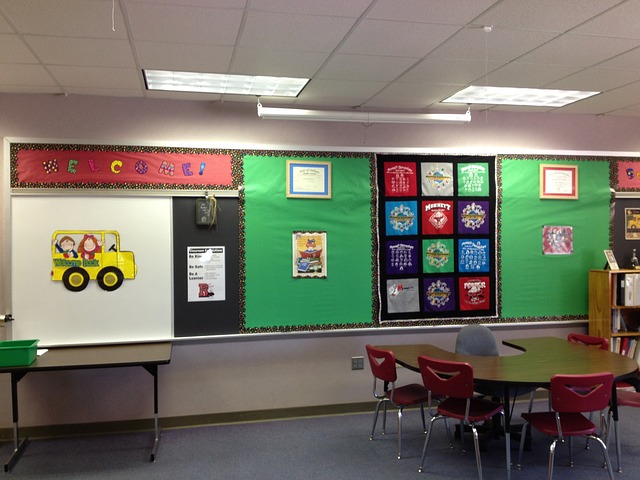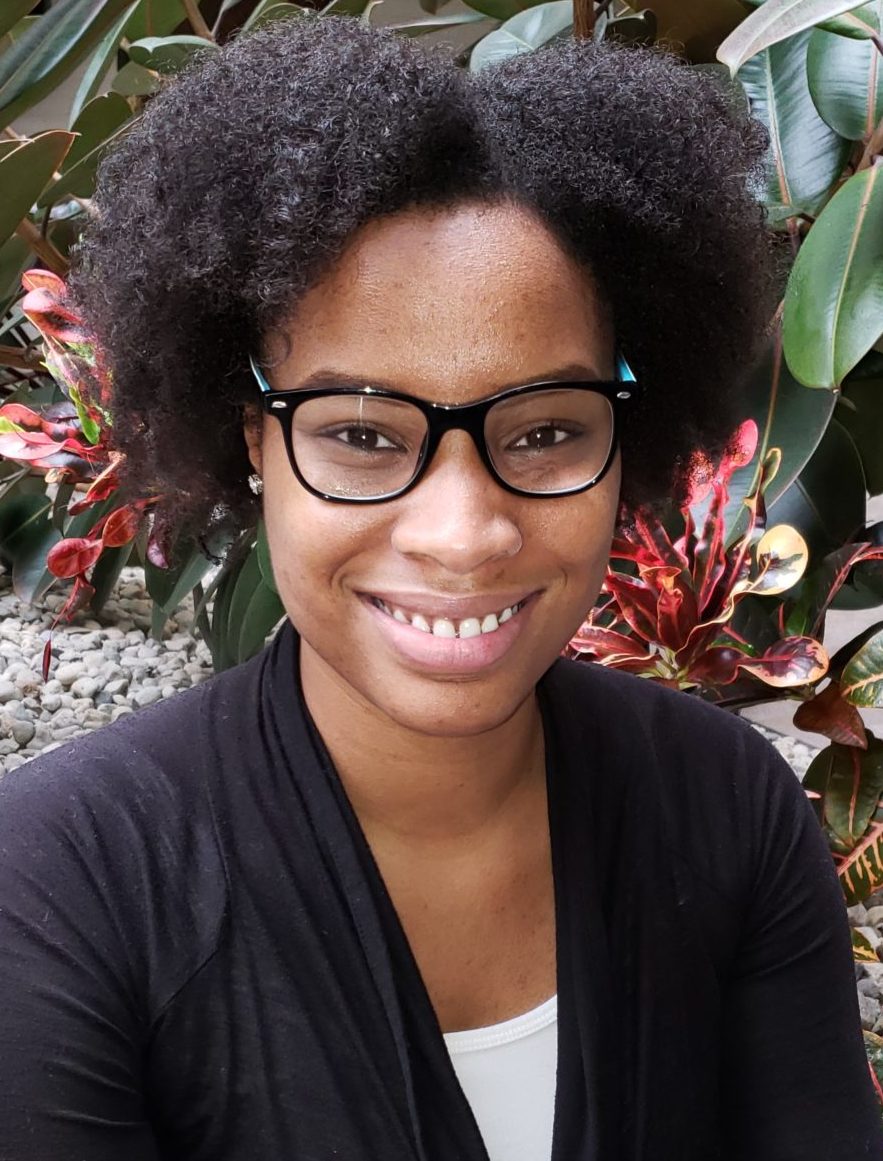
28 Jun Support Options For Your Child’s School Success
If you have a child struggling in school, you may feel helpless when it comes to finding the supports they need. Navigating the school system and breaking through the red tape can seem like a daunting and exhausting task. Where do I begin? How do I (the parent) get everyone else on board? YOU know your child has the potential to be a successful and happy student, but it seems like they keep finding themselves dealing with the same struggles. However, you are not alone and there are support options available for you and your child.
First Things First: Identifying the Struggle
School challenges can present themselves in a multitude of ways. This may include a child struggling in school academically, behaviorally, or socially. The first step to receiving support from your child’s school is to identify what their particular struggles are. Making an appointment to speak with your child’s primary therapist, teacher, or school social worker is a great place to start.
Teachers can provide insight into whether your child has a hard time with a specific subject (indicating possible learning difficulties), with executive functioning issues (organization, managing time, etc.), or if they have issues with focus and attention that impact their academic success. Likewise, both teachers and school social workers can provide feedback about your child’s social-emotional needs (e.g. self-regulation, peer interactions, and ability to manage strong emotions).
If your child is currently receiving support from an outpatient therapist, he or she can provide additional support and insight regarding how and when to reach out to your child’s school. It is important that you address any school issues once they have been identified. Speaking with your child’s teacher(s), school social worker, or principal, can provide you with great insight, and help you to identify any areas of concern quickly.
Okay I know the struggle, but what kind of support options are there?
Informal Supports
Teachers are often willing to offer informal supports to help support your child if they struggle in the classroom. These supports can make it easier for you child to learn in the classroom, and are typically used on a short-term basis (think, just this school year). They are short-term because it is up to the individual teacher to provide and implement the supports. These strategies can range from changing your child’s seat in the classroom if they struggle with focusing to taking scheduled breaks between lessons. They do not impact what your child is expected to learn, or how it is taught, but may be the extra support that your child needs to thrive in the classroom setting. Informal supports may also include help outside of regularly scheduled classroom time. Most schools offer academic support to students, before, during, and after-school (e.g. tutoring, AM support, study hall, etc.). Utilizing informal supports, such as planning with the teacher or receiving one-on-one tutoring before school, is often the most easily accessed and timely support.
IEP
An IEP, which stands for Individualized Education Plan, is a plan that outlines specific supports and specialized instructuction (or special education services) that a school will provide to meet the educational needs of a child with a disability. Although this definition may sound similar to a 504 Play, an IEP is very different and requires specific evaluations to ensure that the child qualifies for support through special education. Additionally, an IEP may include changes to what your child is expected to learn. For more detailed information about the differences between an IEP and 504, or to find more information about how to advocate for your child during the process of developing these plans please read 5 Tips to Advocating Successfully for Your Child in School.
504 Plan
Not all kids are in need of, or qualify for, the individualization that special education services provides; however, your child may benefit from accommodations to help them achieve academic success. This is where a 504 Plan could come into play. 504 plans are covered by Section 504 of the Rehabilitation Act , a civil rights law that dictates that students have the right to a free appropriate public education. It is essentially a formal plan that the school develops to give kids who struggle the supports they need. These plans prevent discrimination and protect the rights of kids with disabilities by outlining specific accommodations (e.g. extended test time, ability to leave the classroom for a break, use of sensory items during instruction time, having checklists to keep track of assignments/progress, etc.). These accommodations o can be similar to the informal supports discussed above, but the biggest difference is that these supports can follow your child from year-to-year.
Social Groups
In addition to the supports mentioned above, your child’s school may also offer social skills groups to foster appropriate and healthy peer relationships. These groups are often facilitated by the school social worker, and are extremely helpful for students that struggle with social interactions. Again, it is important to communicate with your child’s teachers, school social worker, and primary therapist to identify if participation in a social group would be beneficial.
You know the saying: what works for one, may not work for all. Your child may benefit from an array of supports, and school district limitations, individual teachers, and your child’s individual needs can make accessing supports difficult.
Our child and family therapists can assist you with navigating the school system to identify support options that will help your child to succeed in school.

Amber is a licensed clinical social worker who earned her Master of Social Work degree from The University of Illinois at Urbana-Champaign. She also holds a Bachelor’s of Arts degree in Applied Psychology from the University of Illinois at Chicago. Amber has six years of experience working with children, teens, young adults and their families in a variety of settings, including residential, juvenile probation and outpatient therapy.



Sorry, the comment form is closed at this time.